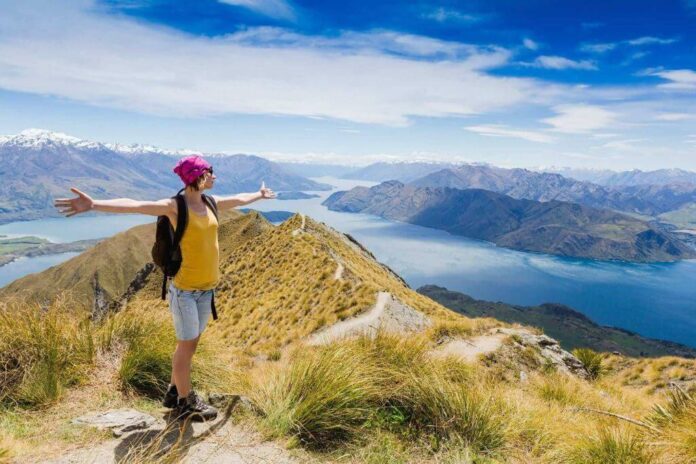Both single travelers and adventurers enjoy visiting New Zealand because of its popularity and its ability to enchant its guests. You can really appreciate the Kiwi experience if you just adhere to these 15 pieces of life-saving tips.
1. General security
New Zealand is remarkably safe when compared to many other areas in the world. However, this does not negate the need to follow the standard safety precautions, which include locking up any valuables, avoiding walking alone at night, and learning which areas are best avoided.
To contact the police, fire department, or ambulance services in an emergency, dial 111. Before being connected to a dispatch operator, when you contact that number, you will be asked to identify the service you are seeking. If necessary, you may select more than one.
2. Local i-SITES: The rescuer of tourists
Each and every town or community will have a unique i-SITE. This is where you’ll discover maps, brochures, and other crucial information about the area you’re going through, as you might probably imagine from the name.
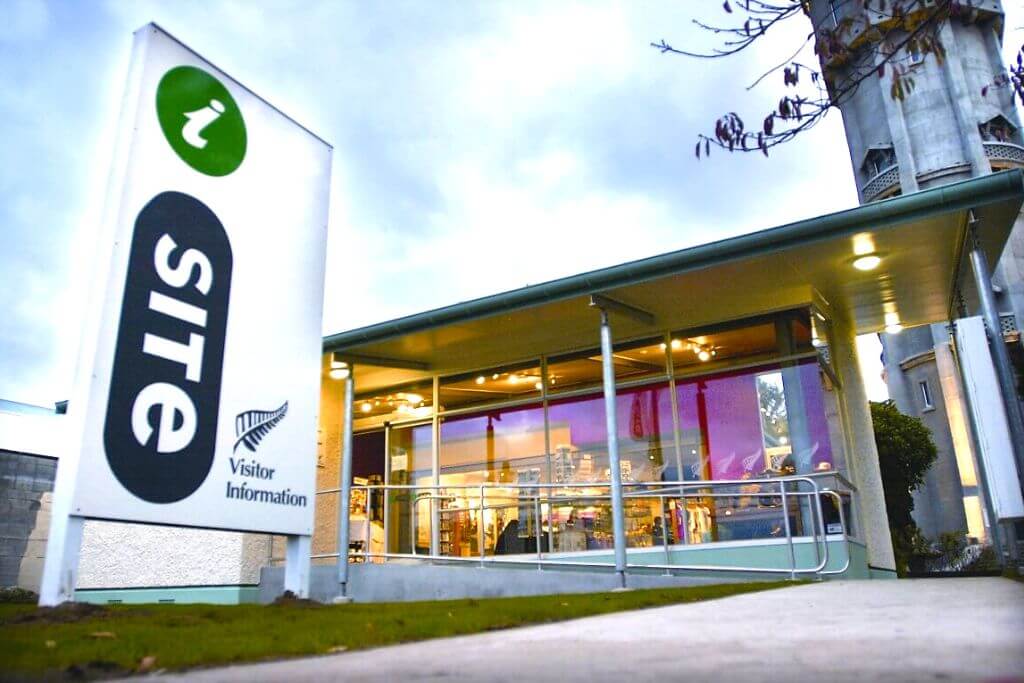
Intercity buses frequently stop directly close to these locations, so as soon as you get there, you can reserve your next ticket or trip. You shouldn’t have too much issue locating the local branch yourself if you’re driving and require additional travel information or advice.
3. Make plans based on the seasons
The summer season is ideal for discovering the coasts and natural areas. The top skiing spots in the nation (Mount Ruapehu in the north; Mount Cook/Aoraki in the south) and mind-blowing glaciers will be easily accessible during the winter. In addition to providing a stunning display of vibrant leaves, autumn is often frequently very mild.
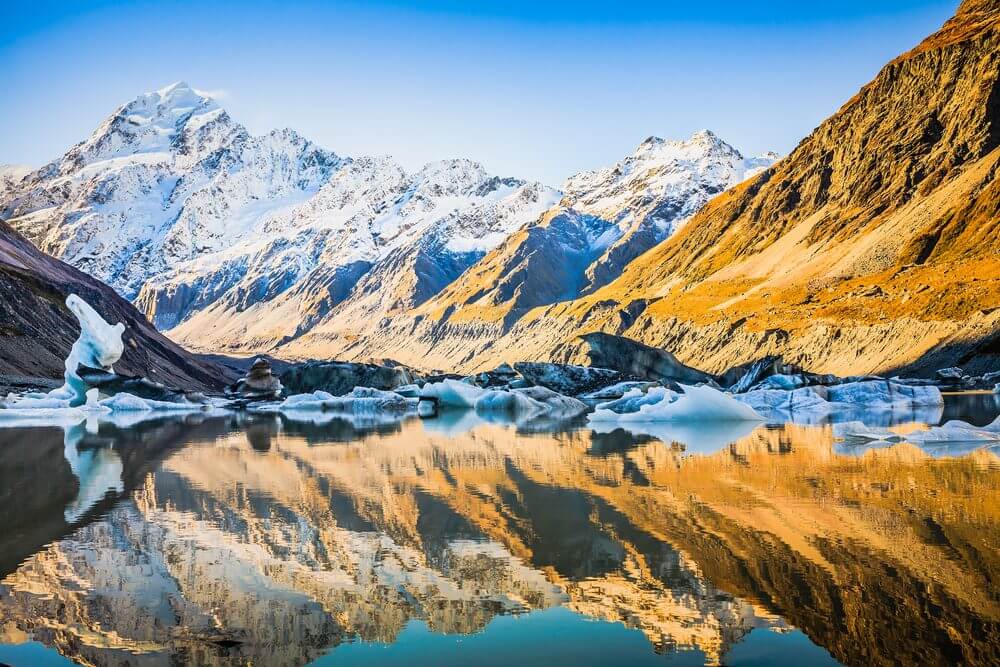
We advise avoiding the spring season because it is the windiest and most unpredictable. Make sure to invest in a strong windproof jacket if you do decide to travel during the colder months because those chilly winds may truly rip right through you.
4. Reserve accommodations in advance
Do not forget that New Zealand is a really well-liked vacation location. As a result, during the peak season, you can typically anticipate that all available lodging will be taken. You should book your lodging as soon as possible, whether you’re going to Waiheke Island in the summer or relaxing at an eco-resort location in the winter.
Hostels for travelers on a budget are typically much less expensive than traditional hotels. In some of the major tourist hubs, such as Auckland, Christchurch, and Wellington, couchsurfing is also an option. While there are many homes available on Airbnb in New Zealand, they can be just as pricey as a hotel room.
5. If you have a working holiday visa
Travelers under the age of 30 are allowed to obtain a working holiday visa thanks to particular agreements New Zealand has made with a number of nations. You will receive assistance to temporarily settle in the nation if this applies to you.
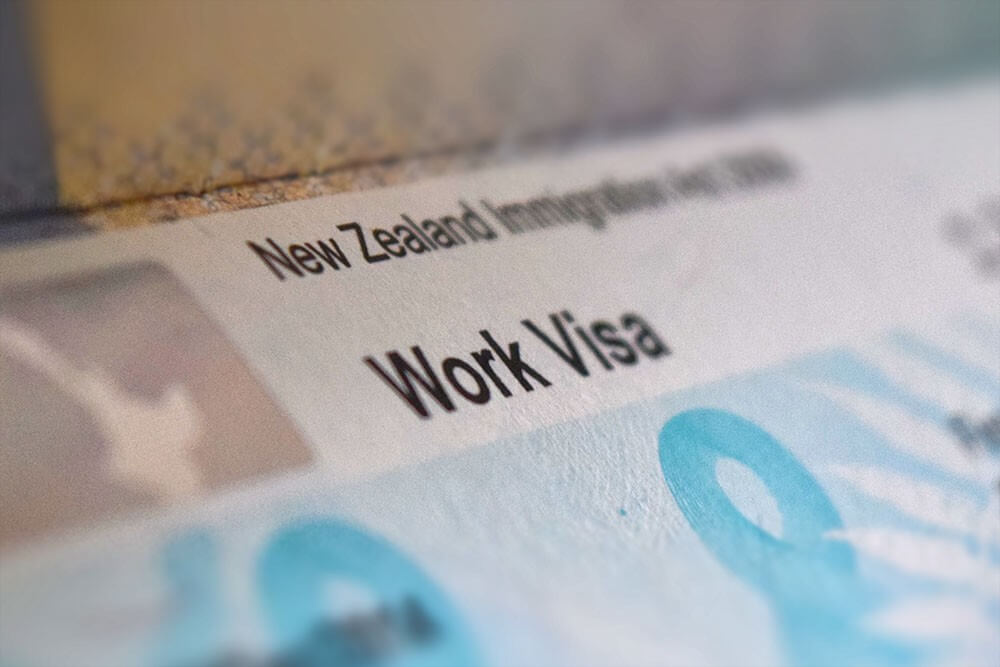
The website where you may find rent, jobs, and things for sale is called TradeMe. With sales and flatmate searches, Facebook groups are also becoming more popular, although it’s not nearly as reliable. The other two primary websites to use for your employment hunt are Backpackers Board and Seek.
Typically, the hospitality sector has the biggest demand (and the most competition), but depending on the time of year, you could also be able to find fruit-picking work. Working vacationers also like to engage in seasonal farm work.
6. Consider your budget carefully
View the New Zealand dollar’s performance in relation to your own currency. The drawback of being cut off from the rest of the world is that prices will probably be much more than you’re used to, even if yours is the stronger tender. Of course, you need to be careful with your money while making decisions like where to dine or where to buy souvenirs.
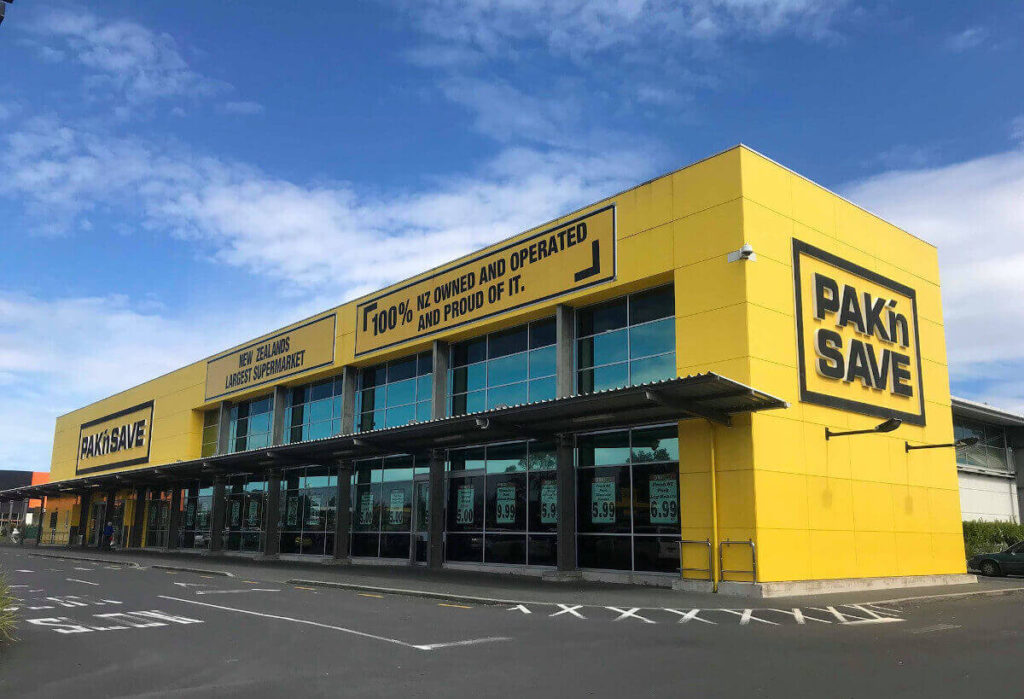
If you’re attempting to cut costs on food, be selective about where you eat and try to prepare your own meals whenever you can. Zomato can estimate your expected spending at a normal cafe, pub, or restaurant. Pak’nSave is the least expensive grocery chain in New Zealand, though Countdown and New World frequently have sales as well.
7. Pick a form of transportation that works with your schedule
Intercity buses run through every location you can think of, and a ferry runs between Wellington and Picton multiple times every day if you want to travel between the two islands.
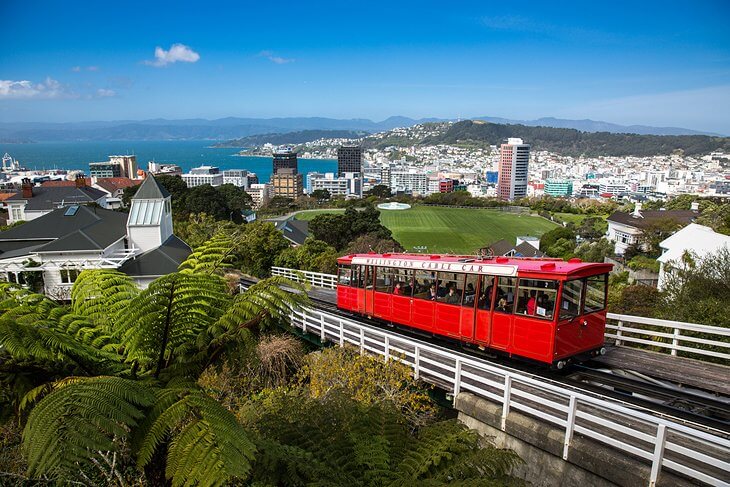
Driving is not required in New Zealand unless you want to explore some truly remote areas or if you enjoy road trips, which is understandable. Ask the rental business whether they have any rules or regulations about driving between islands if you plan to hire a car.
8. Some more driving advice
Keep track of journey times; in a nation where curving roads are common, it may take much longer than you anticipate to cover a relatively short distance. Before leaving, get plenty of rest, and drive carefully on the new highways.
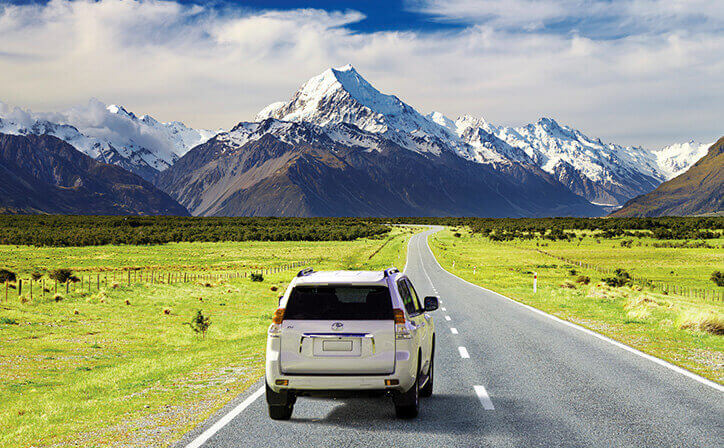
Additionally, it’s crucial to keep in mind that Kiwis drive on the left. Spend some time reviewing the rules of the road if you’re used to driving on the other side. Local news stories about tourist car accidents frequently appear so it pays to exercise additional caution.
9. WiFi is not very good
Despite having a lot to offer tourists, New Zealand falls short when it comes to WiFi. Although I have heard that it has significantly improved over the years in hotels and restaurants, the majority of the time, it is still rather slow.
Additionally, you should be prepared for the possibility that some hotels could impose a daily cap on WiFi usage per device or charge you to access WiFi at all.
10. Prepare for all weather scenarios when hiking
It’s common for trails like the Tongariro Crossing to experience all four seasons in a single day. The native bush and alpine regions will likewise be true of this.
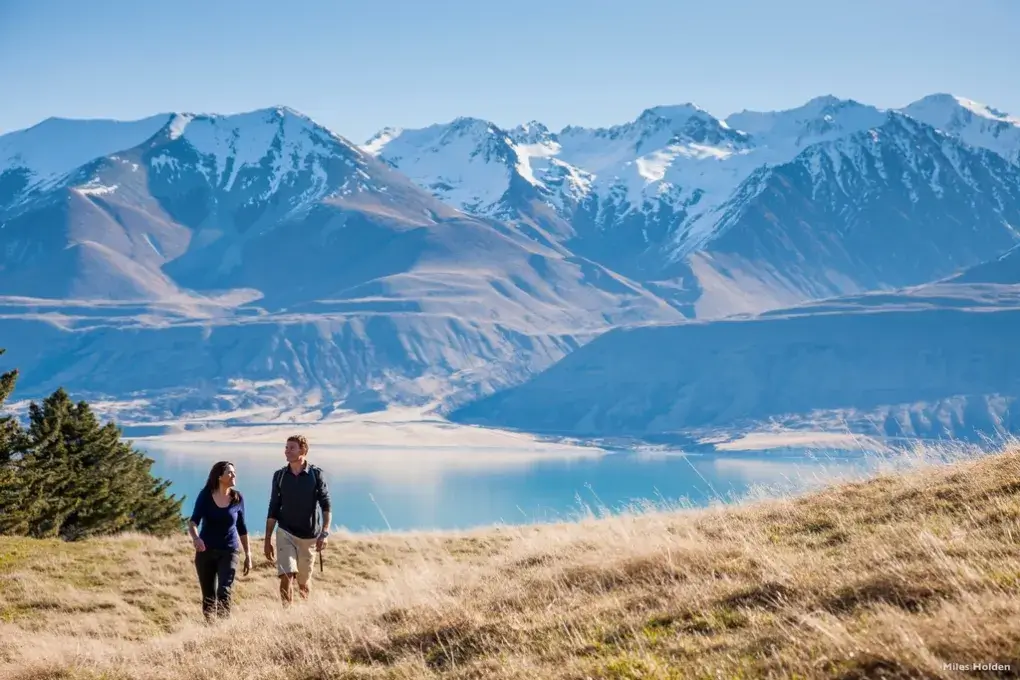
Bring lots of food and water, dress for all types of weather, and don’t forget to pack a first aid kit just in case. Choose a guided trip if you are not a seasoned hiker. It will be safer and eliminate the danger of navigating such dangerous circumstances alone.
11. Bikers, please remain off the highways
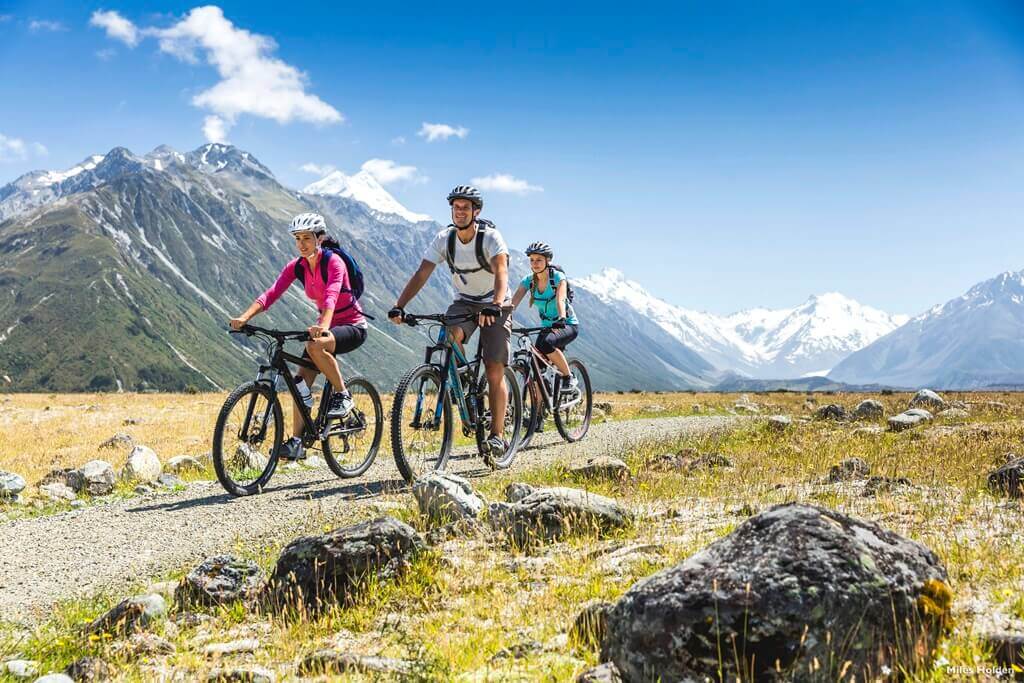
Both safety and legal issues are raised by this. The motorways are off-limits to cyclists, and it’s typically not a good idea to pedal along the busiest routes. Additionally, keep in mind that it is a must to wear a helmet, and just like drivers, you must familiarize yourself with local traffic laws.
12. Considering travel packages? Watch out for the Qualmark logo
When it comes to all matters related to tourism, Qualmark is the local authority. When accommodations, activities, rentals of vehicles, visitor services, and guided tours are of a high enough caliber, they are evaluated and given the appropriate accreditation.
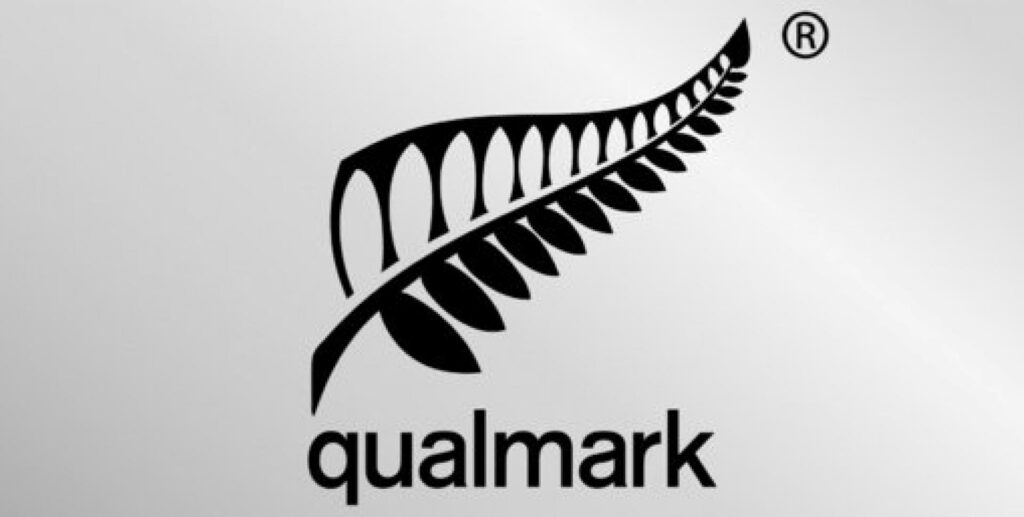
Professionalism and ethics are just as important considerations as sustainability. Typically, the emblem is made of silver and has a traditional New Zealand fern attached.
13. Make sure you are familiar with the proper etiquette before visiting a marae
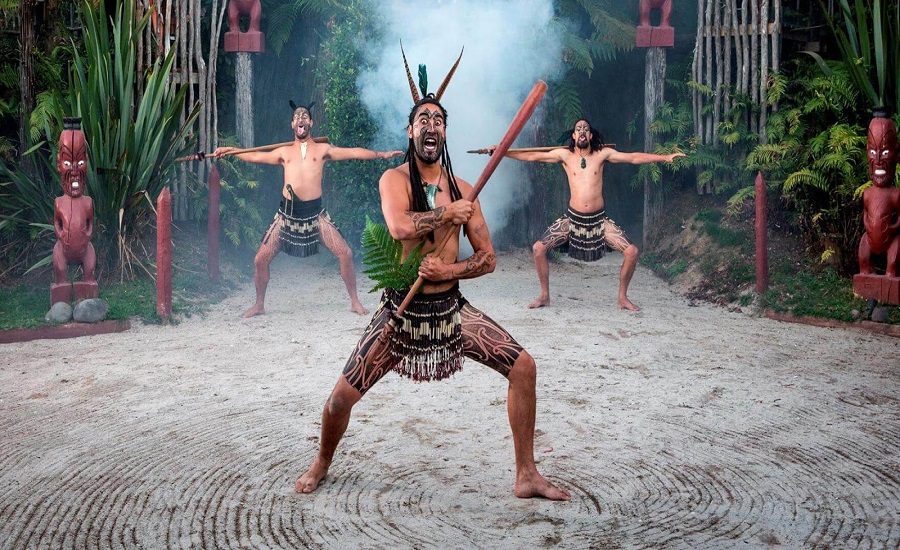
Te Ara includes a list of recommendations that will aid you in getting going. Important cultural customs include taking off your shoes before entering the marae, avoiding eating or drinking in front of others, and acting appropriately during the Powhiri (welcome) ceremony. Learning a few Maori words and phrases can also help you understand the main points of what is happening.
14. Bartering is improper
Resist the urge to undercut retail prices; you will fail miserably. Bargaining is not allowed in New Zealand, end of the story. Except when buying a car or a house, which is probably not the case, prices are marked as is, and there is rarely space for bargaining.
15. Tipping is an exception and not the norm

In New Zealand, you don’t really tip servers unless you’ve had great service. Even then, it’s more of an unspoken custom than a courtesy. Although 10% is always a good bet, the amount is entirely up to you. Taxi fares may be rounded up. However, tipping is uncommon in any field outside of hospitality.
